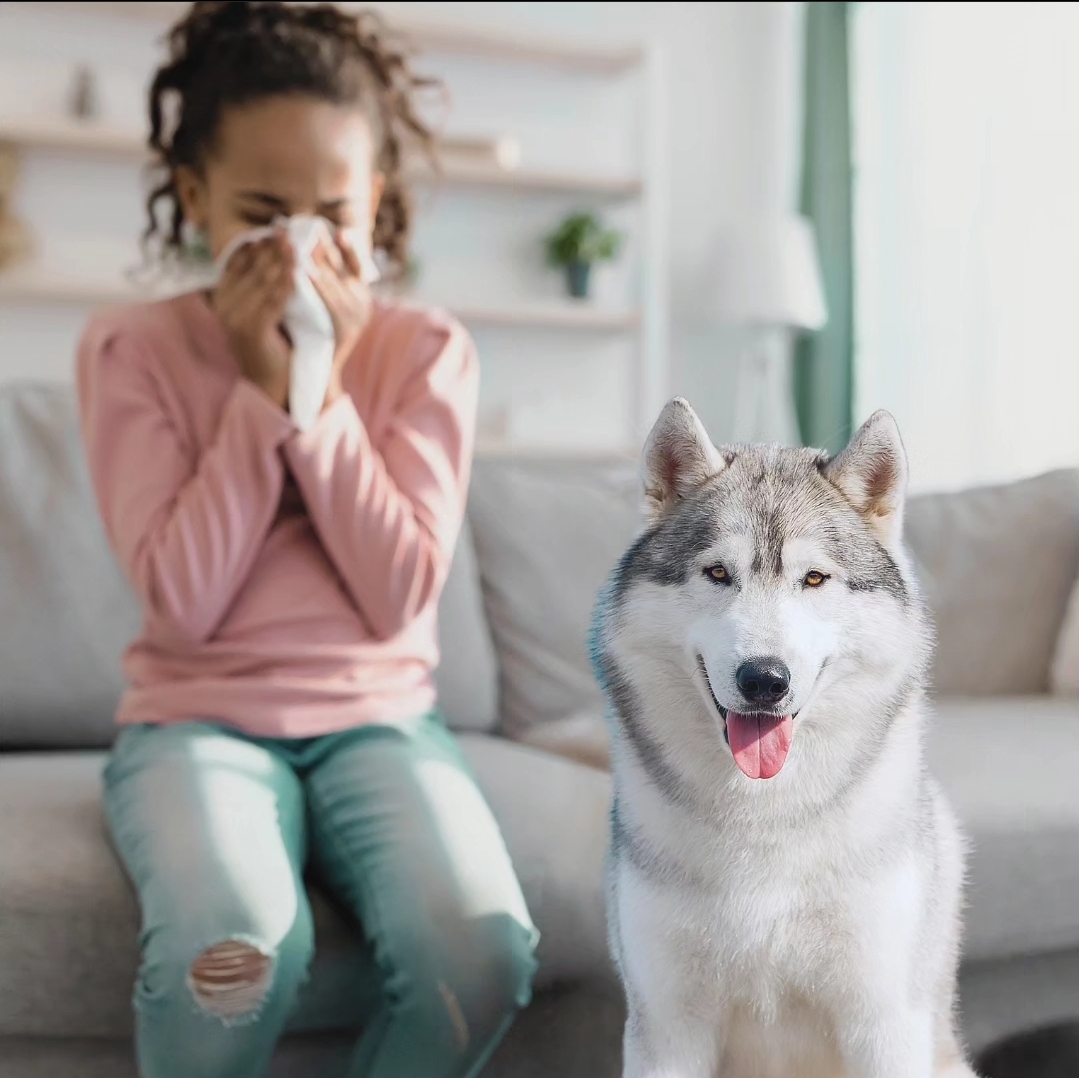Do You Suspect You're Allergic to Your Pet?
As caring and professional pet owners, we understand that pet allergies can be a frustrating and uncomfortable experience. However, contrary to popular belief, it’s not always the fur that causes allergic reactions. In fact, most allergies are caused by a specific protein found in a pet’s saliva, dander, or skin. When these proteins encounter the immune system of someone who is allergic, the immune system overreacts and produces histamine, a chemical that causes allergy symptoms. As such, it’s important to take measures to minimize allergen exposure. If you suspect that you may be allergic to your pet, acknowledge these factors and work towards finding ways to alleviate your symptoms. Talk to your doctor about possible solutions and management strategies.
Being allergic to dogs does not mean you have to give up on your canine companion – rather, it means taking additional steps to ensure a healthy and comfortable living environment for both you and your pet! Let’s explore those options.
Allergy Symptoms
Effective Ways to Manage Pet Allergies
Create Pet Free Zones
Clean Frequently
Grooming
Give your pet regular baths as this helps reduce the amount of pet dander and hair on your pet, which can help reduce allergy symptoms. Use a pet-specific shampoo and follow your veterinarian’s instructions for bathing and grooming.




